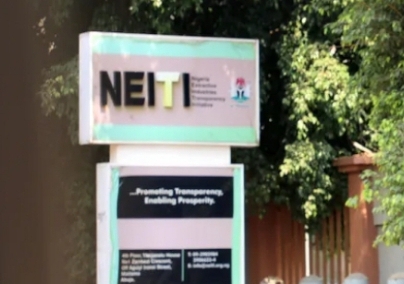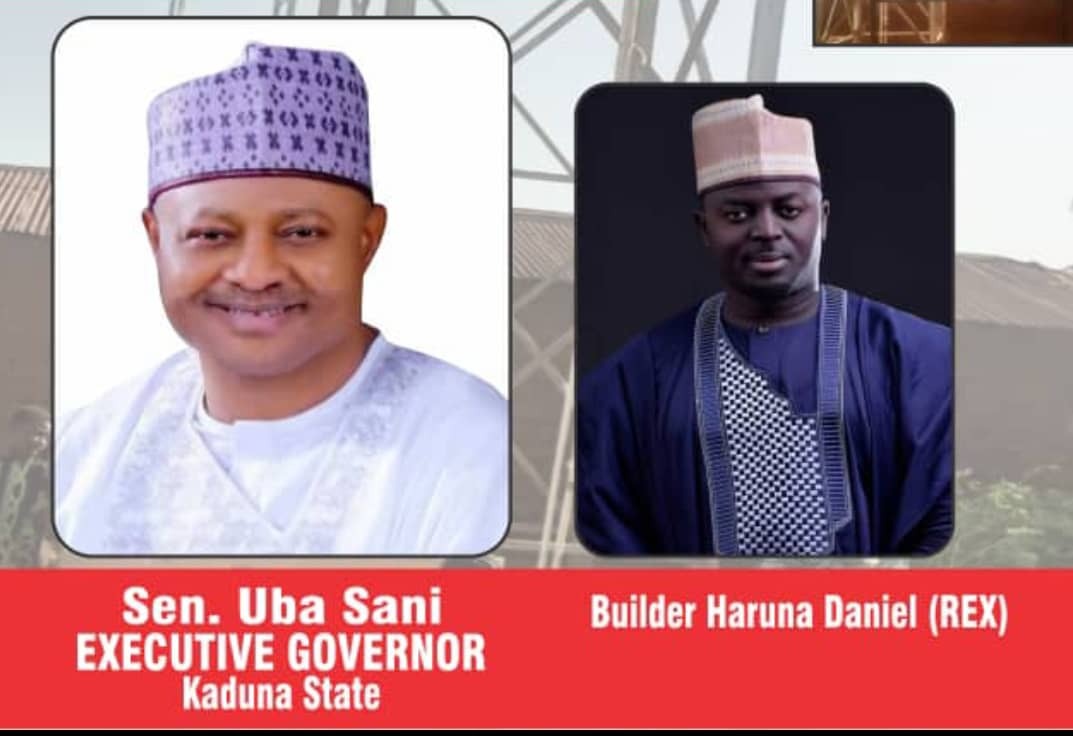The total disbursement of N15.26 trillion was distributed among the three tiers of government.
The Federation Accounts Allocation Committee (FAAC) disbursed a record N15.26 trillion to the federal, state, and local governments in 2024, reflecting a 43 per cent increase from the previous year.
The surge, detailed in the latest Nigeria Extractive Industries Transparency Initiative FAAC Quarterly Review, underscores the impact of key fiscal reforms, including fuel subsidy removal and exchange rate adjustments, which significantly boosted oil revenue remittances.
The report, presented by Ogbonnaya Orji, executive secretary of NEITI, attributed the increased disbursements to these policy changes, which reshaped the country’s revenue landscape.
According to a statement by the Acting Director, Communication and Stakeholders Management, Obiageli Onuorah, on Tuesday, it assessed the fiscal sustainability of government borrowing and the implications for oil-producing states benefiting from the 13 per cent derivation fund.
Breakdown
The total disbursement of N15.26 trillion was distributed among the three tiers of government. The federal government received N4.95 trillion, while state governments collectively received N5.81 trillion. Local government allocations amounted to N3.77 trillion.
State governments recorded the highest percentage increase, with allocations rising 62 per cent from N3.58 trillion in 2023.
Local government allocations increased by 47 per cent, while the federal government’s share rose by 24 per cent, up from N3.99 trillion in the previous year.
The fourth quarter of 2024 saw the highest quarterly disbursement on record, reaching N4.214 trillion, reflecting the impact of sustained revenue growth and fiscal policy reforms.
Key drivers
The record-high FAAC disbursements were attributed to major fiscal reforms implemented by the federal government.
The removal of fuel subsidies in mid-2023 eliminated deductions that previously reduced distributable oil revenue, leading to increased remittances to the federation account.
Exchange rate liberalisation also played a crucial role, as the depreciation of the naira boosted naira-denominated mineral revenues by over 400 per cent.
In addition, higher global crude oil prices and improved domestic production contributed to increased earnings from the petroleum sector.
Despite these gains, the report warned of inflationary pressures, rising debt servicing costs, and fiscal uncertainty for states heavily reliant on oil earnings.
NEITI emphasised the need for proactive measures to stabilise the exchange rate, curb inflation, and strengthen non-oil revenue sources to ensure long-term economic stability.
Debt deductions and fiscal sustainability
Debt servicing deductions from state allocations amounted to N800 billion, representing 12.3 per cent of total state disbursements.
Lagos State recorded the highest debt deductions, with N164.7 billion, accounting for over 20 per cent of total deductions.
Kaduna State followed with N51.2 billion, while Rivers and Bauchi also saw significant deductions of N38.6 billion and N37.2 billion, respectively.
The report raised concerns over the debt-to-revenue ratios of many states, particularly those with high debt burdens but lower revenue allocations.
NEITI urged governments to adopt conservative revenue projections to prevent budget shortfalls and improve fiscal management to ensure debt sustainability.
State-by-State analysis
Lagos State received the highest FAAC allocation in 2024, totalling N531.1 billion, followed by Delta with N450.4 billion and Rivers with N349.9 billion. Akwa Ibom and Bayelsa also ranked among the top recipients, with N329.2 billion and N270.4 billion, respectively.
Nasarawa received the lowest allocation of N108.3 billion, followed by Ebonyi with N110 billion and Ekiti with N111.9 billion. Six states—Lagos, Rivers, Bayelsa, Akwa Ibom, Delta, and Kano—each received over N200 billion, collectively accounting for 33 per cent of total state allocations.
In contrast, the six lowest-receiving states accounted for only 11.5 per cent.
The report highlighted the widening fiscal disparity between states, noting that Lagos, Delta, Rivers, and Akwa Ibom collectively received N1.49 trillion, a sum more than three times the total allocation of the bottom four states—Kwara, Ekiti, Ebonyi, and Nasarawa—at N442.4 billion.
Recommendations
NEITI called for improved fiscal discipline and enhanced transparency in revenue management at all levels of government.
It urged authorities to increase savings in the Excess Crude Account (ECA) to mitigate future revenue shocks and to strengthen non-oil revenue generation to reduce dependence on FAAC allocations.
The report also recommended measures to stabilise the exchange rate, curb inflation, and ensure conservative budgeting for crude oil production and pricing.
It further stressed the need for governments to prioritise job creation, poverty reduction, and economic stability while maintaining fiscal transparency in line with Open Government Partnership (OGP) and Extractive Industries Transparency Initiative (EITI) commitments.
NEITI reiterated the importance of leveraging its findings to hold all levels of government accountable for the prudent management of public funds, particularly revenues generated from the extractive industries.











